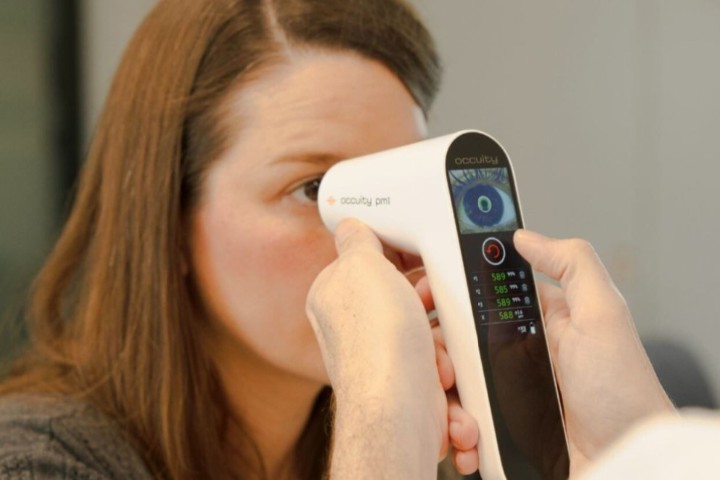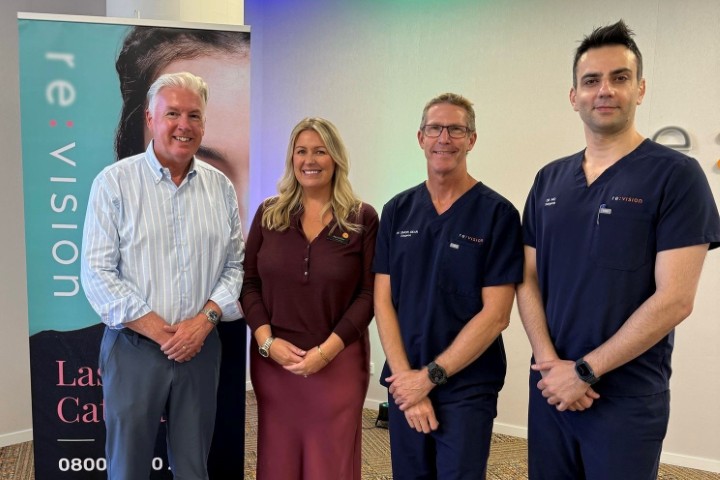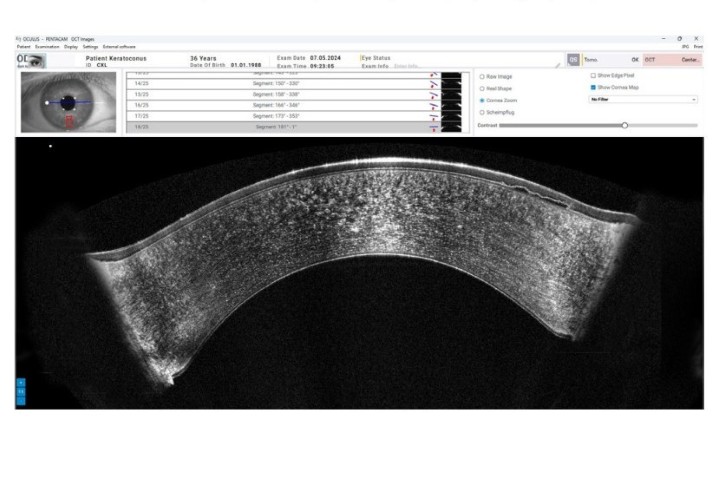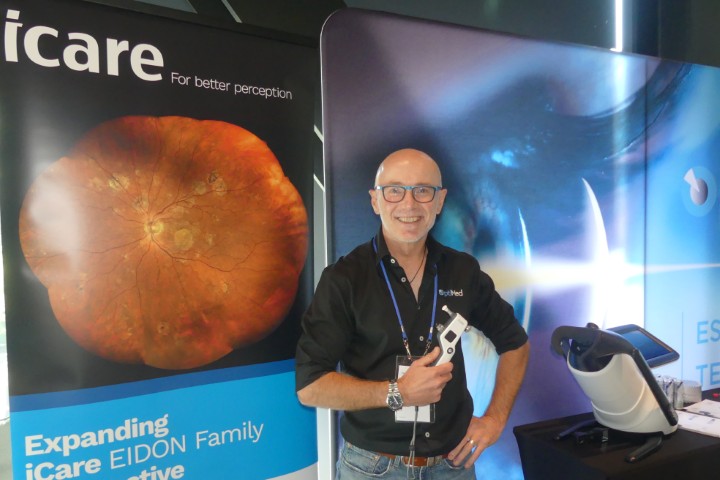Primary eyecare boost in UK
The UK’s Association of Optometrists (AOP) has welcomed the British Labour Party’s commitment to working with primary care optometry to reduce hospital waiting times if it is elected as the next government.
Speaking at January’s Institute for Government annual conference, UK Shadow Health Minister Karin Smyth announced Labour’s intention to negotiate a deal with high-street optometrists to deliver NHS outpatient appointments. The country is facing a health crisis, including a hospital waiting list emergency, with growing numbers of patients facing avoidable and irreversible sight loss due to delays, said Adam Sampson, AOP chief executive. “Labour have quite rightly acknowledged the important role of primary eyecare services in the community in reducing the backlog.”
Fixing eyecare does not require years of investment in new facilities and staff training, said Sampson. “Optometrists on the high street have the premises, the equipment and the clinical skills to deliver accessible, high-quality eyecare. All it takes is the political vision to make sure optometry is able to provide the care patients need."
Labour’s announcement follows the UK parliament’s November 2023 invitation to the Local Optical Committee Support Unit (LOCSU) and the Clinical Council for Eye Health Commissioning (CCHEC) to develop a standard service specification for minor and urgent eyecare for commissioners.
Sampson strongly welcomed the request, saying the AOP has consistently called on the government to recognise that extended eyecare services delivered by primary care optometry, including minor and urgent eyecare, relieves pressure on hospital eye services, A&Es and GP appointments. “Bold thinking is needed to ensure that the scope of the services offered and the associated pricing structure are sustainable for optometry, while also meeting the needs of an ageing population,” he said. Asked whether this bold thinking included upskilling of the workforce, AOP clinical and professional director Dr Peter Hampson said the country’s optometrists are already highly skilled clinical professionals. “Effective deployment of the workforce is a key part of the solution to alleviate pressures on other areas of healthcare. While there will be scope to further upskill some optometrists, many already have skills that are significantly underutilised.”
Marsha de Cordova, Battersea MP and chair of the UK’s All Party Parliamentary Group on Eye Health and Visual Impairment, reinforced the AOP’s position at a recent roundtable event and optometry practice visit. With hospital eye services across the nation facing increasing strain, patients are waiting inexcusable amounts of time for diagnosis and treatment, she said. “I was heartened to hear that community optometry clearly has a lot to offer in being part of that solution. If commissioned equitably, extended eyecare services would enable more patients to access timely specialist care that’s also closer to their home.”
To be truly effective, a national approach is required to bring the ‘postcode lottery’ of eyecare to an end, said AOP. “While some ICB (integrated care board) areas have commissioned existing minor eye conditions services (MECS) and a community urgent eyecare services (CUES), it is evident that commissioning is highly variable across the country.”
Dr Hampson said Nottinghamshire’s Bassetlaw ICB was a good role model, having introduced CUES and MECS. “Of those patients who were seen in optometry practices through CUES, 91% were treated within the community. Within MECS, 84% were managed within primary care.” He also cited a 2014 study comparing the impact of the introduction of MECS in London’s Lewisham and Lambeth on ophthalmology hospital departments. It found that GP referrals to hospital ophthalmology decreased by 75% in Lewisham and 30% in Lambeth.


























